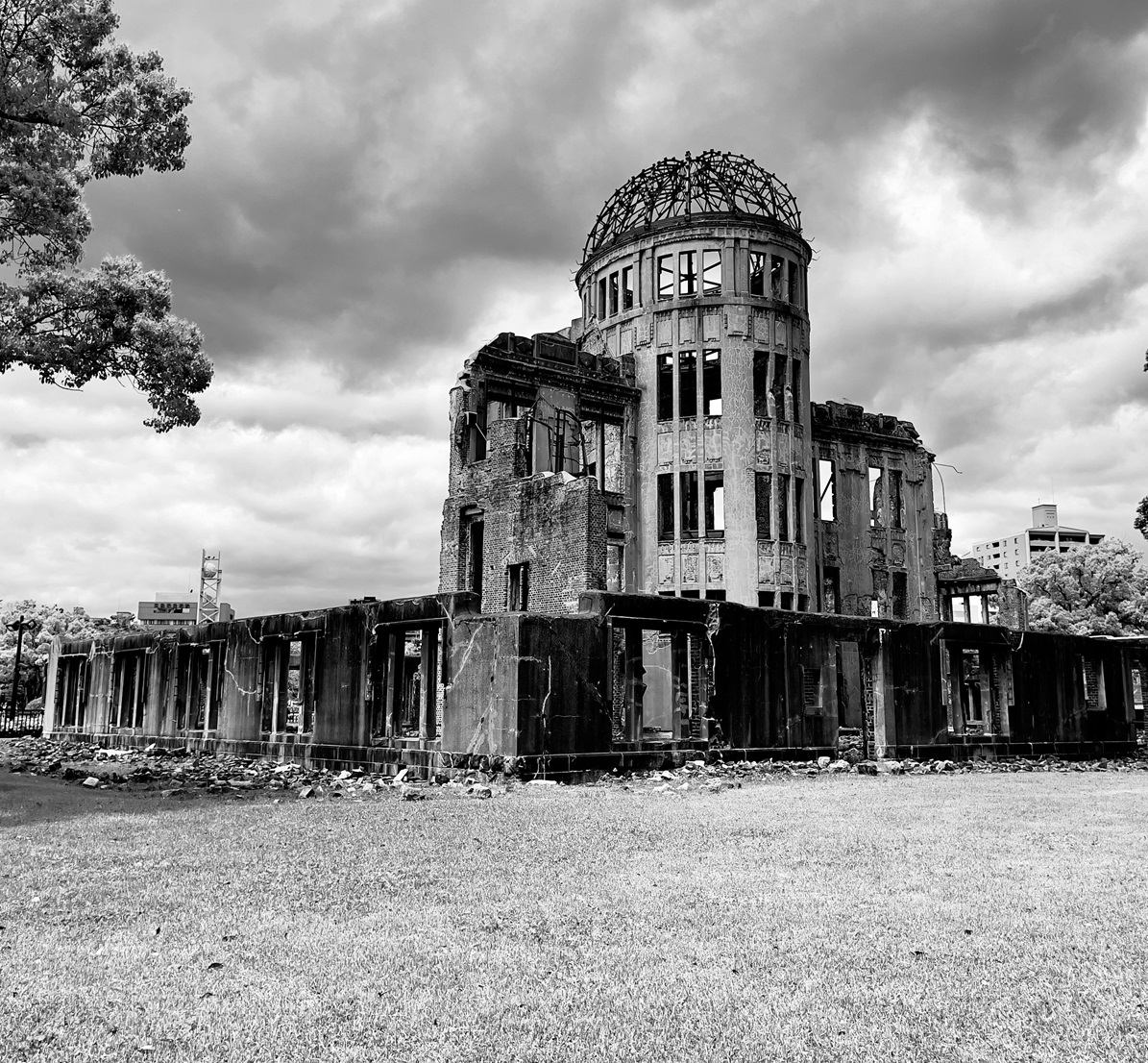Russia's nuclear threat
In response to Ukrainian raids on Russian territory with long-range missiles, Putin has repeatedly returned to conjuring up atomic weapons. The West is convinced that this is merely ‘psychological pressure’, but it is a belief based on 60-year-old theoretical models. While Karaganov, one of the Kremlin's most senior advisors, while ruling out the use of the ‘most devastating’ weapons, speaks of their use ‘in proportion to the attacks suffered’.
Moscow (AsiaNews) - In recent weeks Vladimir Putin has repeatedly renewed his threats to the West to use nuclear weapons in response to the ‘Nato war’, which allows the Ukrainians to directly attack Russian territory with long-range missiles.
The danger of nuclear escalation has been well in the minds of the leadership of the United States and its allies since 2022, trying to find the appropriate containment measures. Even in the autumn of two years ago, Russia had suffered heavy losses, with the Ukrainian reconquest of territories in the Kharkov and Donetsk regions, and today with the Ukrainian advance in the Kursk region.
Since the end of 2022, the West has progressively supplied Kiev with more and more powerful weapons, from tanks to Patriot systems, Storm Shadow and Atacms missiles and F-16 aircraft, and other more advanced weapons are being produced directly in Ukraine.
One third of Russian ships in the Black Sea have been destroyed in this way, and strategic targets such as airports, depots, oil bases and cities are regularly hit, both in the occupied regions and directly in Russia, without Putin having so far initiated nuclear Armageddon.
Last March, NATO deputy secretary Mircea Dan Geoană had stated that he did not see ‘an inevitable threat’, describing Putin's statements as ‘psychological pressure’ and not noting preparatory actions for the use of atomic weapons.
The ‘nuclear ladder’ on the basis of which the actual danger of a collapse of the global security system is noted refers to the indicators set out by the American expert Herman Kahn in 1965, which envisage 44 levels divided into 7 ‘spans’, in addition to other theories of 7 or 17 steps, and Kahn himself had hypothesised a 16-step ladder. These are in fact only theoretical models, which ‘in reality nobody uses’, assures expert Maksim Starčak of the Centre for Defence Policy at Queen's University in Canada.
For the time being, Russia and the West would remain at a ‘minimal’ level of nuclear containment theories, that of formal declarations that can be largely controlled. As Russian academic Aleksej Arbatov confirms, control decreases at the higher levels, after the first strike, which according to Kahn's theory would reach the 21st level.
Another Russian expert, Pavel Podvig, however, believes that Kahn's ‘scale’ refers to a time long gone, when representations referred to dimensions very different from today. But the point is that, apart from the Hiroshima and Nagasaki bombs, mankind has no direct experience of the use of nuclear weapons for military purposes, and ‘no one really knows how it may turn out’.
The political scientist at the Moscow Higher School of Economics, Sergei Karaganov, explains that Russia is developing a new doctrine of ‘nuclear containment’, of which he was one of the promoters. In his opinion, ‘the theories of the 1960s and 1970s are outdated’, because they are based on the use of the most devastating weapons in the arsenals, which ‘in addition to being an incorrect approach, is also immoral’.
The new doctrine must be based on the ‘certainty to be conveyed to current and future enemies that Russia is ready to use nuclear weapons in proportion to the attacks it has suffered’. For Karaganov, one of Putin's most listened-to advisors on the subject, ‘this is an obligation that we have not only in front of the sacrifice of our soldiers, but in front of the whole world... We must reactivate the nuclear balance’.
Even the document signed by Putin in 2020 on nuclear doctrine appears to the expert to be ‘centuries old, not years old’, as it is still based on ‘twentieth-century principles and chimeras’. According to Karaganov, one should instead be convinced that ‘the nuclear weapon is a weapon of peace and war prevention’, as it was in the days of the Cold War, and should be used ‘according to the needs of today's world’.
07/02/2019 17:28







.png)










